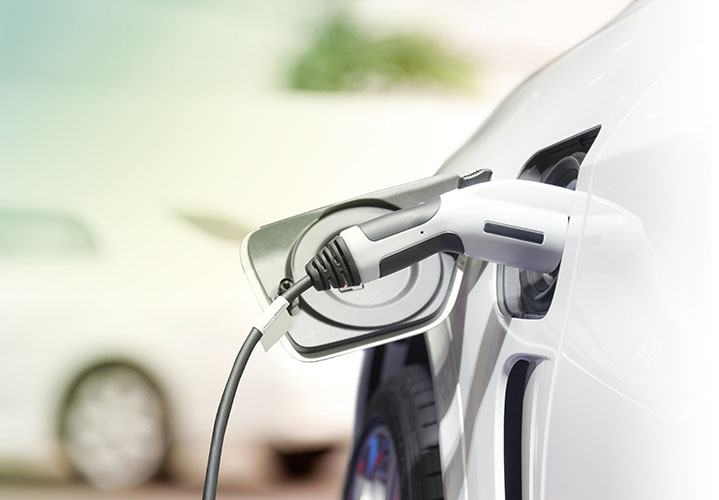On Tuesday 17 January 2023, Britishvolt announced its collapse into administration only four years after it was founded, dashing its hopes of becoming a British battery manufacturing powerhouse. Following a promising start whereby it secured investment from FTSE 100 companies and a £100m funding pledge from the government, only 26 members of staff remain while over 200 were made redundant with immediate effect.
Britishvolt’s creditors refused to back the company’s last hope of survival – a takeover offer from a group of shareholders which included a £30m investment for almost total control of the company and a further £128m in funding to follow.
The rights to Britishvolt’s Blythe site, which hoped to contain a £3.8bn Gigafactory, is the company’s largest asset. Blythe is considered the ideal location due to its size, transport links and access to clean energy, explaining why more than a dozen companies, including car-makers and wind turbine makers, have expressed interest in purchasing the site just hours after the company’s collapse.
Is Britishvolt’s collapse a sign that the UK’s aspirations of becoming a “global hub” for electric cars is a pipe dream, or is its demise simply due to mismanagement?
Jonathon Reynolds, shadow business secretary, believes Britishvolt’s collapse is a “symptom of a much wider failure”. In 2022, the sale of new cars fell to their lowest level in three decades, according to the Society of Motor Manufacturers and Traders. Global supply chain disruption including continued shortages of semi-conductors and Covid-related shutdowns of Chinese plants meant that car manufacturers were simply unable to meet demand. For the first time ever in the UK, the sale of new electric cars overtook those of diesel cars, but this seems somewhat unsurprising given the sharp rise in fuel costs, peaking in June 2022 where diesel stood at 196.4 pence per litre, up nearly 48% compared to June 2021.
Administrator, EY is exploring options to sell Britishvolt’s business and assets, but with two attempted rescues already aborted the prospects right now look somewhat bleak. Customers and serious finance are said to be the missing ingredients for Britishvolt to go anywhere. But Britishvolt’s slide into administration comes hot on the heels of the UK’s electric car industry suffering a number of other recent blows – BMW will stop producing the electric mini in Oxfordshire, Arrival is looking to manufacture its electric vans in the US, Johnson Matthey (formerly the UK’s leader in electric battery technology) abandoned its electric car battery plans in the last year or so and Jaguar Land Rover is said to be looking to Slovakia as an alternative electric hub. With the battery technology market dominated by South Korean, Chinese and Japanese competitors, the UK is certainly giving range anxiety a new meaning.
Others, however, are more optimistic about the future of Gigafactories, believing that Britishvolt is a more isolated incident. Graham Stuart, climate minister for the UK, insisted that plans to scale up the EV industry were “greater than ever”. These plans support the UK’s announcement that it will end the sale of new petrol and diesel cars by 2030. Merely days after the collapse of Britishvolt, Australian mining company, Fortescue Metals, announced its plan to build an EV factory in Oxfordshire which would create 300 jobs and target a capacity of 400MWh per year. In contrast to Britishvolt’s focus on building batters for electric cars, Fortescue Metals will construct power cells for heavy goods vehicles. Andrew Forrest, founder and CEO of Fortescue Metals, credited Britain for having “the most advanced, innovative prototype batteries in the world”, but suggested that it falls short when it comes to manufacturing.
A former employee of Britishvolt suggested that its ambitious plans never came to fruition as “everything was about image rather than actual progress”, pointing to managerial and business plan limitations as the cause of its failure. If so, this suggests that it’s not all doom and gloom for the UK’s battery-manufacturing and EV industries. Providing that supply can navigate economic difficulties including increased energy costs to meet consumer demand, UK battery manufacturing may not have lost its spark just yet.

 Matthew Padian
Matthew Padian Georgie Barrow
Georgie Barrow